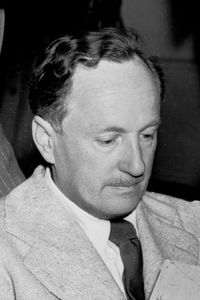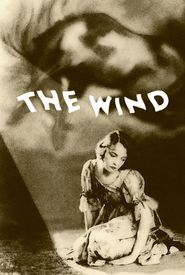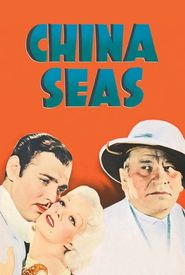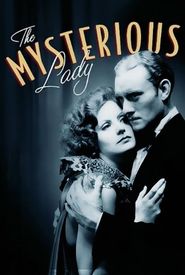Harold S. Bucquet's illustrious career in the film industry began with his service in the US Army during World War I. Following his military tenure, he transitioned into the film business, initially taking on the role of an extra before eventually evolving into a skilled set designer.
As he honed his craft, Bucquet became an assistant to the renowned director Allen Holubar, ultimately securing a position as an assistant director at MGM, where he would spend the remainder of his career. Initially, he was tasked with working in the studio's shorts department, where he was responsible for directing screen tests.
In 1938, Bucquet made his feature film debut with Young Dr. Kildare, marking the beginning of a successful career that would see him entrusted with directing "A" features, such as Dragon Seed in 1944, from time to time. However, the majority of his output consisted of "B" pictures, which, despite being categorized as secondary features, were often more polished and professional than many other studios' "A" pictures.
Despite his impressive body of work, Bucquet's career was cut short due to illness, which forced him to abandon his final film, The Green Years, in 1946. Tragically, his life was cut short shortly thereafter, leaving behind a legacy that continues to be celebrated in the world of cinema.




































